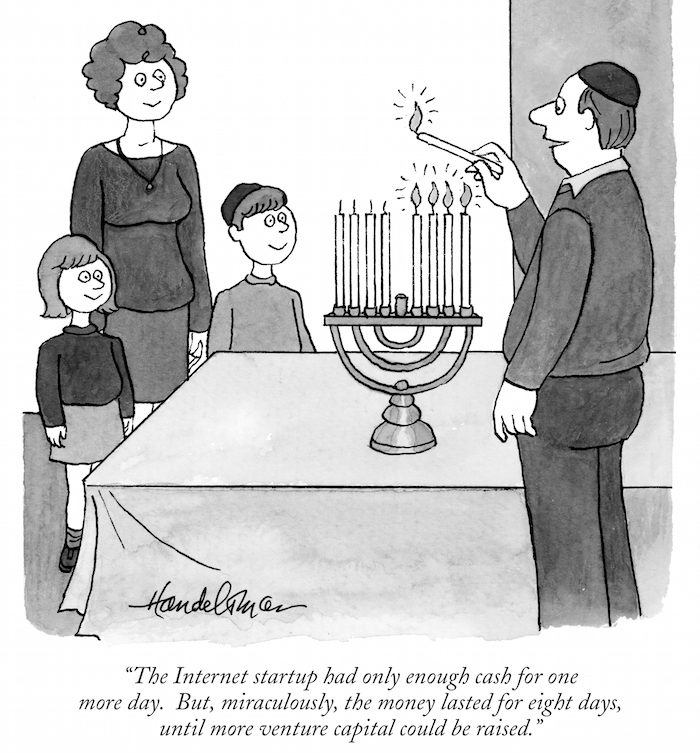Dive Into Hilarious Jewish Jokes & Puns
Ever wondered what happens when you venture into the digital realm and search for "Jewish jokes"? Prepare to be met with an avalanche of wit, wordplay, and a cultural tapestry woven with laughter and resilience.
Jewish humor, often distinctive, is a product of a culture that has, for centuries, navigated both periods of exceptional experiences and times of profound struggle. It's a humor born from the complexities of history, the nuances of language, and the enduring human spirit. From suffering, as they say, come both joys and "oys." Jewish puns, in particular, represent a unique form of comedy, capable of generating amusement and delight across generations. They are often found in jokes, stories, or casual interactions, creating a delightful component of Jewish living. This article delves into the nuances of this special brand of humor, exploring its origins, common themes, and its ability to bring smiles to faces, even amidst the most serious moments.
| Category | Details |
|---|---|
| Origin | Derived from the cultural experience of Jewish people. |
| Historical Context | Rooted in thousands of years of feeling special and often enduring suffering. |
| Key Characteristics |
|
| Impact | Brings laughter and joy to people of all ages. |
| Common Themes | Jewish mothers, grandmothers, family dynamics, food, historical anecdotes. |
| Notable Examples |
|
| Famous Practitioners | Various comedians, writers, and storytellers. |
| Link to Source | My Jewish Learning |
Consider the scenario of three Jewish individuals who find themselves unexpectedly together on a train. One hails from Russia, another from Iraq, and the third from Palestine. The Russian, with a dramatic flourish, grabs a bottle of vodka and throws it out the window, exclaiming, "We have a lot of these!" This seemingly simple jest encapsulates a world of cultural understanding and shared experiences. It hints at the abundance often associated with the Jewish diaspora and, implicitly, their adaptability and survival. The punchlines, whether about family gatherings, cultural peculiarities, or everyday experiences, invariably offer a glimpse into the unique perspective of Jewish life.
The legacy of Catskill comedians, with their classic Jewish jokes, echoes through time. These jokes, though perhaps familiar to many, still elicit chuckles and spark shared memories. The creation of Jewish books, articles, and calendars has contributed to the preservation of this humor for generations. Consider the anecdote of a person needing a passport, being naive about the proper procedures, who purchased one for a mere fifteen dollars from a "ganeff," or thief, fluent in such transactions. This humorous encounter provides a glimpse into a time, a culture, and the importance of street smarts.
Jewish humor is not always for everyone, as observed by a young reader of joke books, who discovers that some jokes dont always land with their parents. Yet, the fact that the puns and wordplay are shared across generations shows how laughter acts as a bridge between the past and the present.
A pet shop owner encounters a customer seeking a parrot. The shop owner presents three identical parrots. The parrot on the left, the most expensive one, sets the stage for clever narratives. And the stories shared, the tales of love and marriage, are a central aspect of Jewish life. A recent article, originally published in The Forward, encourages readers to subscribe to its email newsletters. Their content hilarious and often heartfelt, is a welcome reprieve from the world's serious challenges.
There is a wide range of Jewish comedians, who play a vital role in keeping Jewish culture alive. They fuel the journeys of discovery for those interested in Jewish heritage. They are providing constant opportunities for learning, connection, and growth. Their aim is the same as those who contribute to Jewish learning resources, who keep the knowledge accessible to many. The intention is to build, to create, and to share the richness of Jewish experience.
The humor found within Jewish culture is a powerful vehicle for celebrating identity, and sharing traditions. Consider the "Passover Seder," a night of observance, ritual, and shared stories. The jokes shared, like the one about Cohen and O'Reilly, are intended to lift the mood and keep everyone awake. The informant is, perhaps, a grandparent, someone who remembers the humor of the 1950s and 60s New York City. They are a product of their environment, deep into the lore of Jewish New York humor.
The writer, who, inspired by the prospect of crafting a joke book for kids, set out to get children involved with Hebrew phrases. In the heart of Jewish life, wordplay is central. They combine wit with a shared cultural understanding. There is also a variety of humor that celebrates love, even on Valentine's Day. These jokes, which reflect Jewish culture, make us smile.
These cultural gems come from sources like the 1950s and 60s. They reveal the richness, and the importance of heritage. In a world filled with challenges, these jokes give us the strength to go on. They are a testament to the enduring human spirit.
Michael Krasny's book, "Let There Be Laughter," embodies the essence of Jewish humor. He discusses this collection, and he explains why it matters. Jewish humor, in its many forms, enriches all of our lives.


